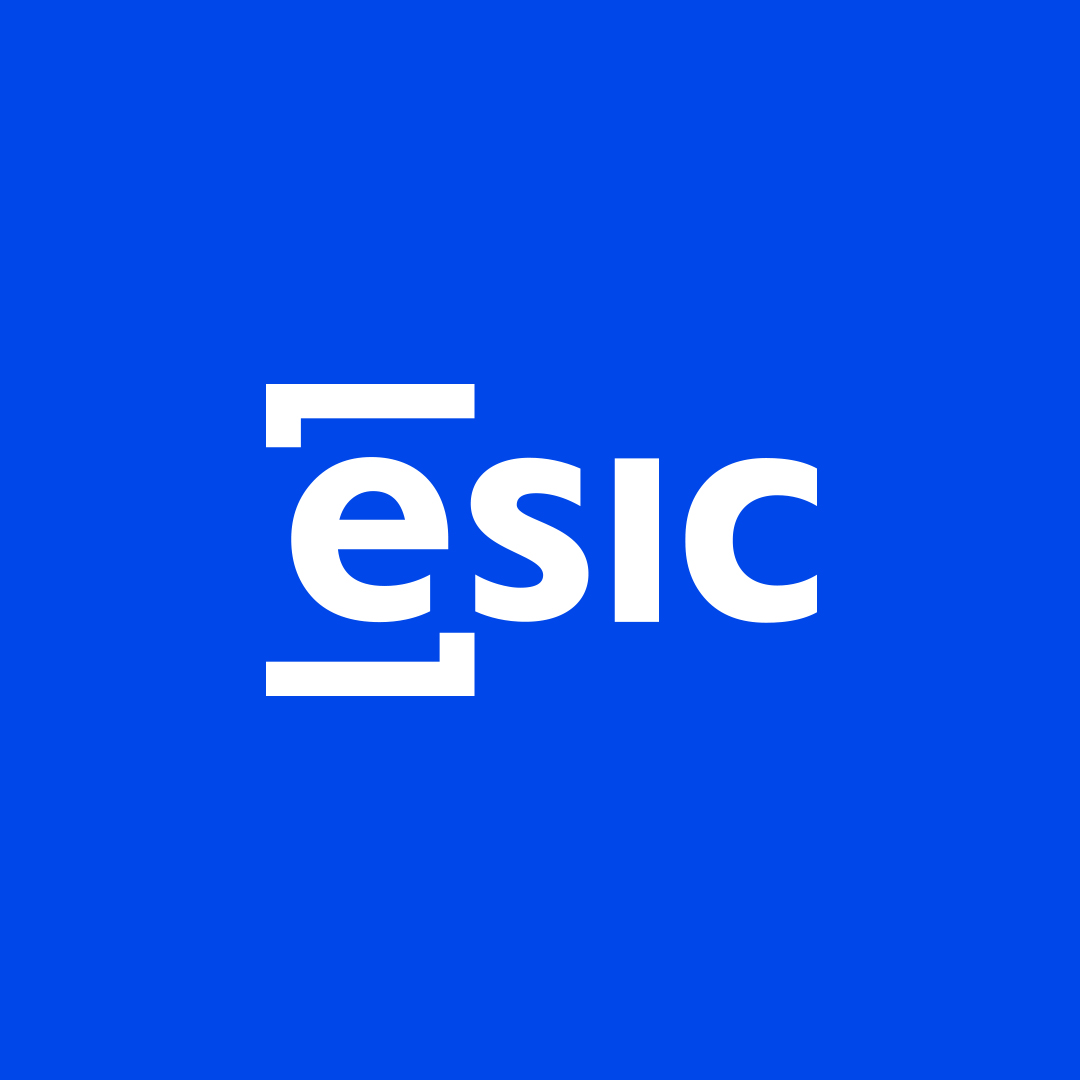
- Fecha de publicación
- Junio 2023
- Internacional
- Artículo
Homologation is when a student essentially transfers their educational achievements for recognition in a different country. If a student has a high school diploma, for instance, they can choose to homologate it and make it valid in Spain. There is also the option for partial validation, which is for students who are already abroad and wish to continue their studies in Spain. The validation is for all the years completed, so any completed in Spain or any other country must also be homologated for recognition in Spain.
Different conditions
If you dream to study at ESIC, contact us and we will guide you through the whole process. We have personalized help for international students.Get in touch!
Students can choose to homologate their high school or vocational school diplomas. Within each of these documents there are several different requirements for homologation. The main requirements, however, are very simple. First, the students have to be official in the country in which they originate from. Second, the studies must be completed in full in the country. Next, all of the finished school years must be validated. Finally, there must be a similarity within the Spanish studies that are both academically similar in content as well as the time it took to complete.
Requirements to homologate a degree in Spain
Here is a list of the documents required to submit an application to homologate your degree:
1. An original passport for the student. This is mainly used as a form of international identification.
2. The diploma from the student certifying that the student completed their studies. There must be proof that the student has officially graduated.
3. Transcripts that validate school years studied, the subjects completed, grades achieved, and the various years. The actual years and objectives completed must all be accounted for in order to properly transfer credits.
4. A homologation application form is required for general information.
5. Proof that the student paid the administrative fees required.
6. The power of an attorney (Not always needed).
Legalization of the documents
Considering the fact that Spain is a primarily Spanish speaking country, there is a good reason to expect documents to need a certain translation for the ability to have them read abroad. The documents presented above must be legalized and translated as well. It allows the Spanish ministry to certify the necessary documents. It all depends on the country in which the diploma originates from, however. For instance, any diploma acquired within the European Union , the European Economic Area, or Switzerland does not need any form of legalization at all. The legalization must be official and done through diplomatic channels in order to be approved within the ministry of education in Spain.
Translation of the degree
Similar to legalization, translations are just as necessary for the approval of the homologation of a degree into a Spanish degree. This goes for absolutely any document that is not originally written in the Spanish language; it must be an official SPanish translation in order to be approved. This translation can be done by a translator that is officially recogniZed in Spain, the Spanish embassy, The Embassy from the country of origin, or any translator with a legalized signature.
Submission of the documents
Once all of the documents have been gathered, legalized, and translated, it is finally time for the student to submit their information and requests. The administrative fees must be paid in order to proceed. If the student is in Spain already, then they need to go to the Alta Inspeccion de Educacion. If the student is not within the confines of Spain already, then they must appoint a legal representative that can submit the documents necessary on their behalf. The student may also choose to show their documents to the Spanish Ministry of Education themselves. A receipt will be given to any student who properly went through all the steps and they can see updates on the status of approval.
If you dream to study at ESIC, contact us and we will guide you through the whole process. We have personalized help for international students. Get in touch!
También te puede interesar

Agenda 2030: qué es y para qué sirve
En el mundo profesional y empresarial actual, entender la Agenda 2030 se ha convertido en una necesidad estratégica. Este plan de acción global fue oficialmente adoptado el 25 de septiembre de 2015 ...
- Publicado por _ESIC Business & Marketing School

¿Qué es el software de código abierto?
El software de código abierto ha revolucionado el mundo tecnológico y cuenta con una comunidad que actualmente incluye a más de 83 millones de desarrolladores en GitHub y más de 20 millones de r...
- Publicado por _ESIC Business & Marketing School

¿Qué es la resiliencia climática?
El planeta se enfrenta a una realidad innegable: la temperatura media ha subido 1,1 °C desde la era preindustrial. Este aumento desencadena fenómenos meteorológicos extremos que ponen en peligro nu...
- Publicado por _ESIC Business & Marketing School

